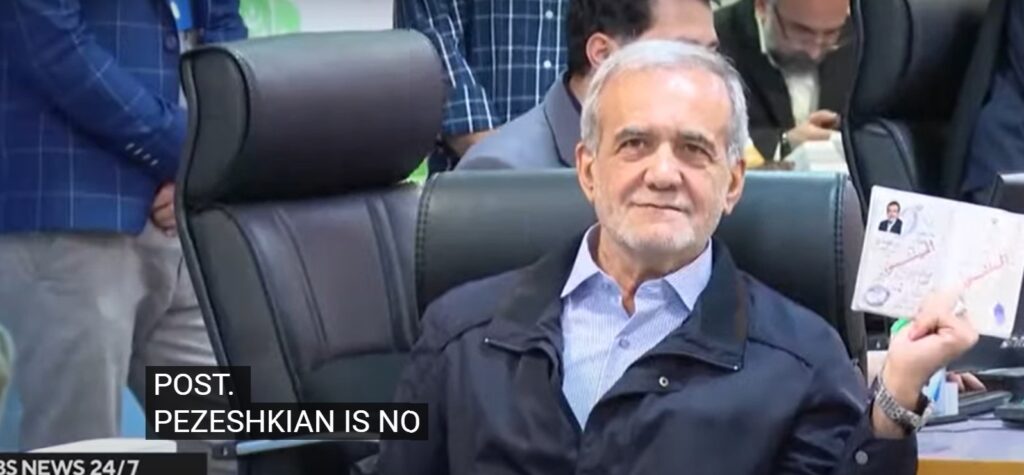Impact on Gulf-Iran Relations
How will Iran’s relations with the Gulf countries change following Massoud Pezeshekian’s election? This question is currently preoccupying the leaders of the Gulf states.
Saudi Arabia, the leader of the Sunni world, has already improved its relations with Iran through China’s mediation, renewing diplomatic ties. Nevertheless, underlying tensions persist between Shia Iran and the Sunni Gulf states.
Normalization Agreement with Israel
The potential signing of a normalization agreement between Saudi Arabia and Israel is now a key issue, even if it is postponed until after the US presidential elections in November.
This agreement is crucial to the power dynamics in the Middle East, involving the axis of resistance led by Iran, and the alliances of Israel and Saudi Arabia.
Iran’s Opposition
Iran is actively trying to prevent the normalization agreement between Saudi Arabia and Israel.
The Houthis, backed by Iran, have warned Saudi Arabia that such a step would lead to the collapse of the current ceasefire and the resumption of missile and UAV attacks on Saudi cities.
Iran has already disrupted the signing of a similar agreement through a surprise attack by Hamas on October 7 on the settlements surrounding Gaza.
Saudi Diplomatic Maneuvers
Despite these threats, Saudi Crown Prince Mohammed bin Salman is skillfully navigating the diplomatic landscape.
The Iranian Foreign Minister announced that bin Salman is expected to visit Iran after the formation of the new Iranian government.
Awaiting Iran’s New Policies
The Gulf countries are now waiting for the new government in Iran to see the policy directions under President Massoud Pezeshekian.
There is an expectation among Gulf leaders that Iran’s new foreign policy might be more pragmatic, improving economic relations and reducing tensions.
Lip Service and Realpolitik
While all Gulf leaders sent congratulatory letters to President Pezeshekian, expressing hope for cooperation, this might be mere lip service.
On the ground, President Pezeshekian has no real influence over the activities of Shiite militias, which are controlled by the “Quds” force, or over Iran’s expansionist policies against moderate Arab regimes.
Supreme Leader Ali Khamenei, with the support of the Revolutionary Guards, manages these policies.
Continuity in Iranian Policy
Previous President Ebrahim Raisi strictly adhered to Khamenei’s extreme policies. Although Massoud Pezeshekian is considered a reformist, sources in Iran suggest he is a “wolf in sheep’s clothing” and unlikely to deviate from Raisi’s approach towards the Gulf countries.
Israeli intelligence believes Pezeshekian will continue the ideology of exporting the Islamic revolution, maintaining the principle of “Wilayat al-Faqih.”
Territorial Disputes
Territorial disputes between Iran and several Gulf countries also persist.
The conflict with the United Arab Emirates over three islands controlling access to the Strait of Hormuz is a significant issue, as these islands are rich in natural resources.
Additionally, Iran and Kuwait dispute oil fields between their territories, with Gulf countries accusing Iran of exploiting the Arabian Gulf’s natural treasures.
Future Prospects
While Iran may moderate the activities of its militias due to economic difficulties, it will not completely cease them. It is possible that President Pezeshekian will attempt to foster a positive atmosphere with the Gulf countries, potentially making them his first official visits.
Conclusion
President Massoud Pezeshekian, a product of consensus within the Iranian political system, holds no real influence over Iran’s foreign or security policies. Supreme Leader Ali Khamenei continues to dictate these areas, with the Revolutionary Guards’ support.




